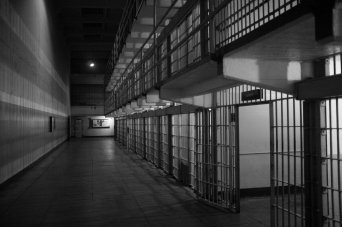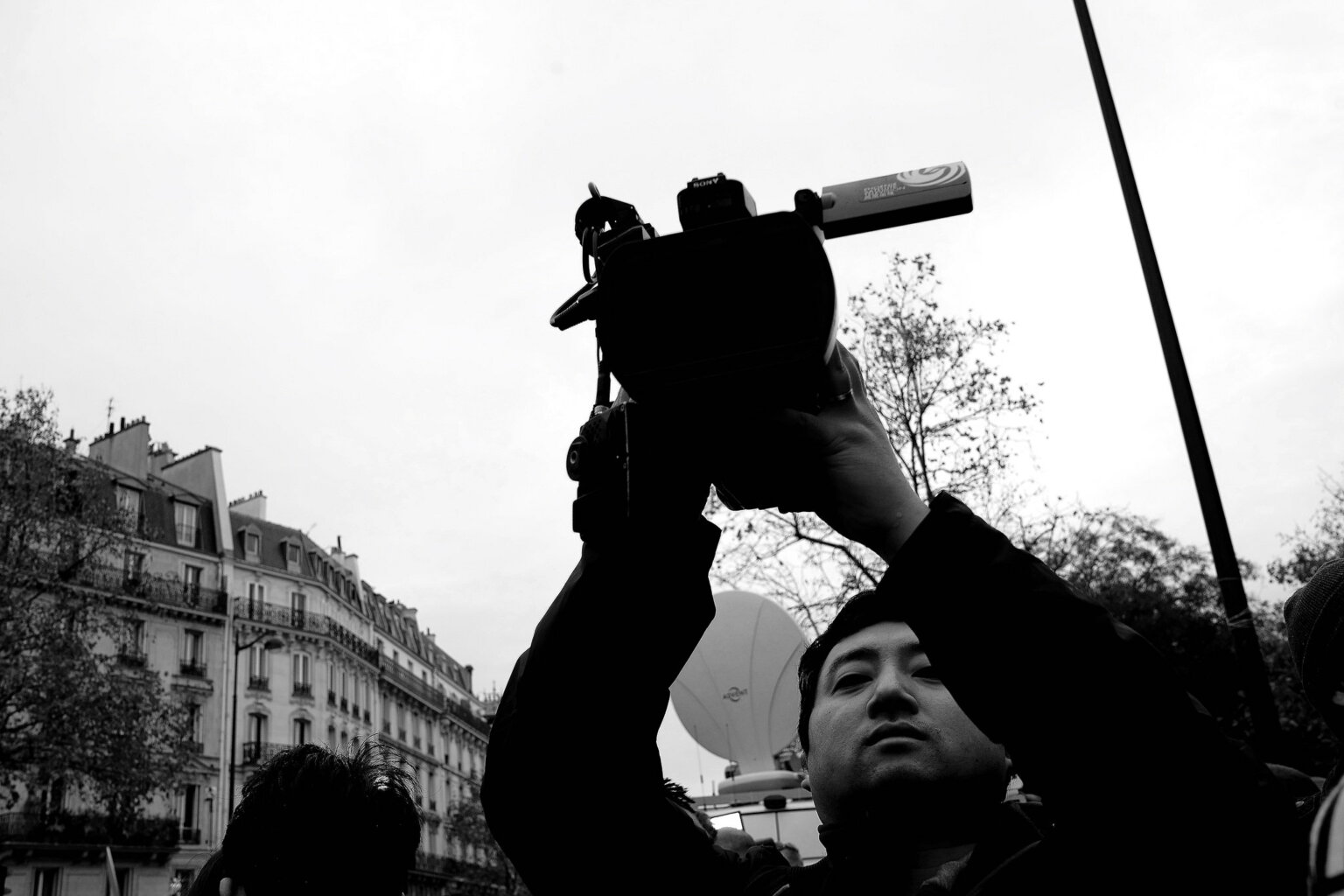- About
- Topics
- Picks
- Audio
- Story
- In-Depth
- Opinion
- News
- Donate
- Signup for our newsletterOur Editors' Best Picks.Send
Read, Debate: Engage.
| topic: | Freedom of Expression |
|---|---|
| located: | Belarus |
| editor: | Katarzyna Rybarczyk |
Since Alexander Lukashenko’s controversial victory in the 2020 Belarusian presidential elections, the Belarusian media has been operating in a highly repressive environment. Sadly, over the course of 2022, the country’s authorities advanced their brutal crackdown on media freedom, subjecting independent journalists to detentions and incessant persecution.
The decline of media freedom in the country is evidenced by Belarus’ position in the top five countries with the highest number of imprisoned journalists. According to a recent report published by Reporters Without Borders (RSF), at the end of this past year, 32 Belarusian journalists were in prison. Additionally, the report revealed that in 2022, Belarus was one of the four countries that detained more than seventy percent of the world’s imprisoned female journalists.
By jailing journalists, the Belarusian government attempts to create an environment of fear to maintain its grip on power. “Draconian legislation is making it nearly impossible for journalists to do their job. Laws which forbid ‘discrediting’ Belarus in practice mean that journalists can be jailed for criticizing the government in any form whatsoever,” observed Jamie Wiseman from International Press Institute.
Faced with acute pressure, hundreds of independent journalists have had no choice but to leave the country and report in exile. “We can say that there are practically no independent media outlets left in Belarus. There are only journalists and media outlets that work from abroad,” noted Olga Ratmirova, the head of investigations at the Belarusian Investigative Center. Those who decide to stay function in a dangerous reality and must self-censor to avoid being persecuted and labeled as extremist.
Detaining journalists is not the only method the Belarusian government has been using in its fight against the independent press. The Belarusian Association of Journalists reported that “The Belarusian authorities continue blocking access to independent online media and websites of non-governmental organizations and civil society groups.” Most media outlets that the people of Belarus can use freely are state-controlled, which makes it easy for the government to spread propaganda. Information available on these platforms is biased and there is very little diversity of opinion, especially as the government has also been restricting access to independent foreign media, an example being the website of ‘Polish Radio.’
The systematic repression of independent media not only enables the control of information, but also hides any reports of Lukasheko’s wrongdoing and silences voices condemning his authoritarian regime. Regrettably, with details of any abuses being hidden from the public, citizens are not able to hold their government accountable for its actions.
Putting journalists behind bars violates people’s rights to freedom of opinion and expression, enshrined in article 19 of the Universal Declaration of Human Rights. If Belarus carries on with violence against independent journalists, it will continue its descent into totalitarianism - a path that can have disastrous consequences for media representatives and regular citizens alike. To prevent this, Belarusian authorities should release journalists from jail and make sure that they can carry out their work without intimidation, restrictions and threats. Without free media, there can be no open debate and no democracy.
Photo by Emiliano Bar

